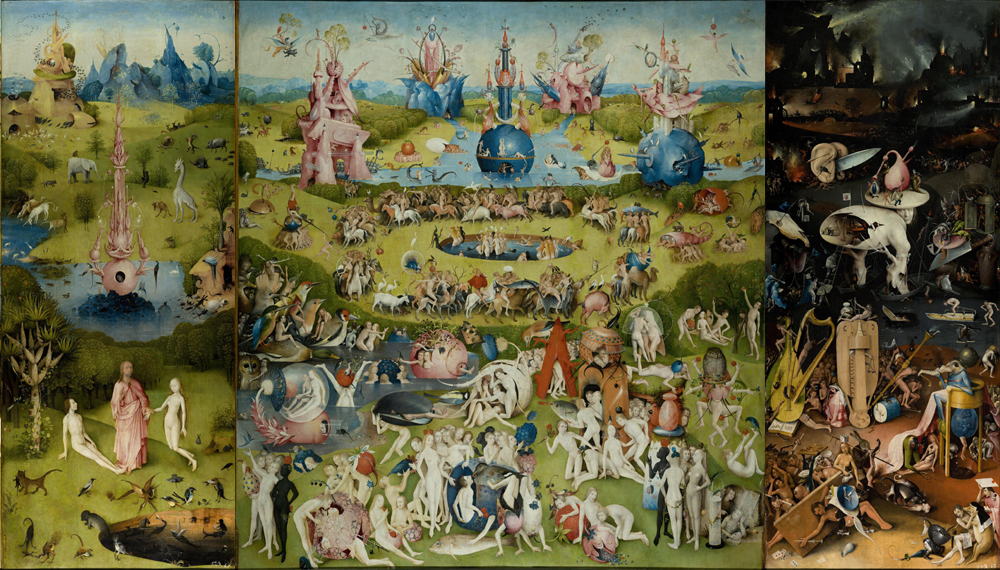PART 3: UNHEALTHY SEXUALITY IN THE WORLD

“The World” here is defined in contradistinction to “the Church.” The fundamental difference for present purposes is that the Church recognizes the authority of God’s commandments respecting sex while the World follows its desires regardless of God’s commandments. People do not divide neatly in the World and the Church, but at the same time the distinction is more than theoretical. I am sure that there are atheists who eschew sexual whateverism and, for their own reasons, promote faithfulness within loving dual gendered marriage as the only ethical expression of sexuality; but I cannot think of a single person I actually know who fits this category today. The vast majority of those who remain unmoved by the sexual and ideological revolutions of the last century are the religious–and most major religions (including at least Hinduism, Christianity, Islam, Sikhism, and Judaism) have historically spoken with virtual unanimity on the subject. Buddhism, of course, considers liberation from all desire and attachment the ultimate goal, and it therefore has perhaps an even less permissive stance towards sexuality than the other major religions.
While the nearly unanimous consensus of the world’s major religions is so strong an argument in favor of traditional sexual morality as to be, in my judgment, very nearly conclusive, I do not insist on traditional sexual morality for present purposes. What I insist on is that people must attempt to comply with a moral and philosophical system that is dictated by reason and conscience and not by desire. Desire must bow to Right (“as God gives us to see the right”), not Right to Desire. To the extent that a rigorous and conscientious atheist regulates his sexuality by the morality that seems to him correct and yet denies the authority of God’s purported commandments, he is outside the Church but also outside the World. Continue reading





